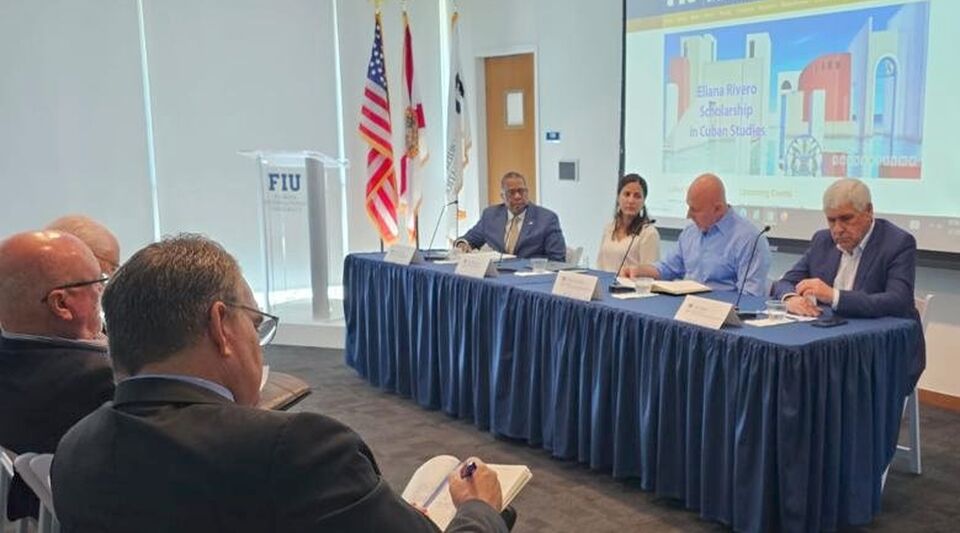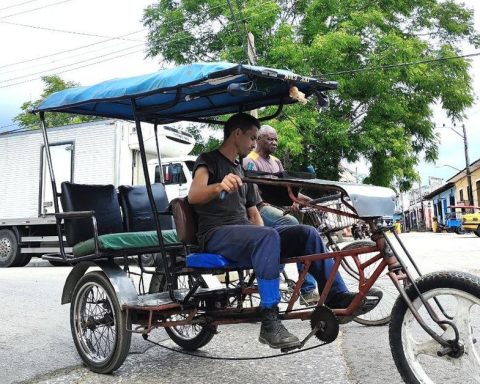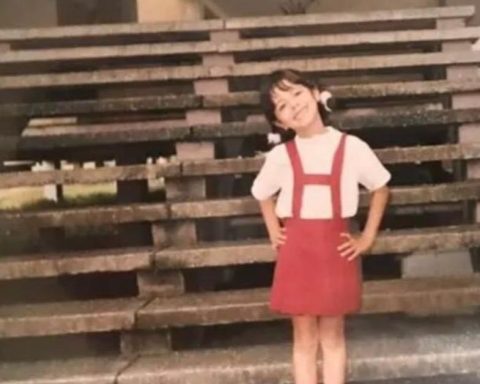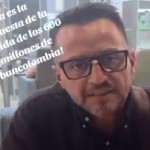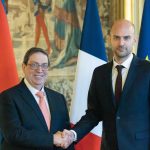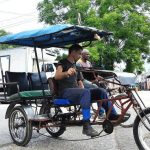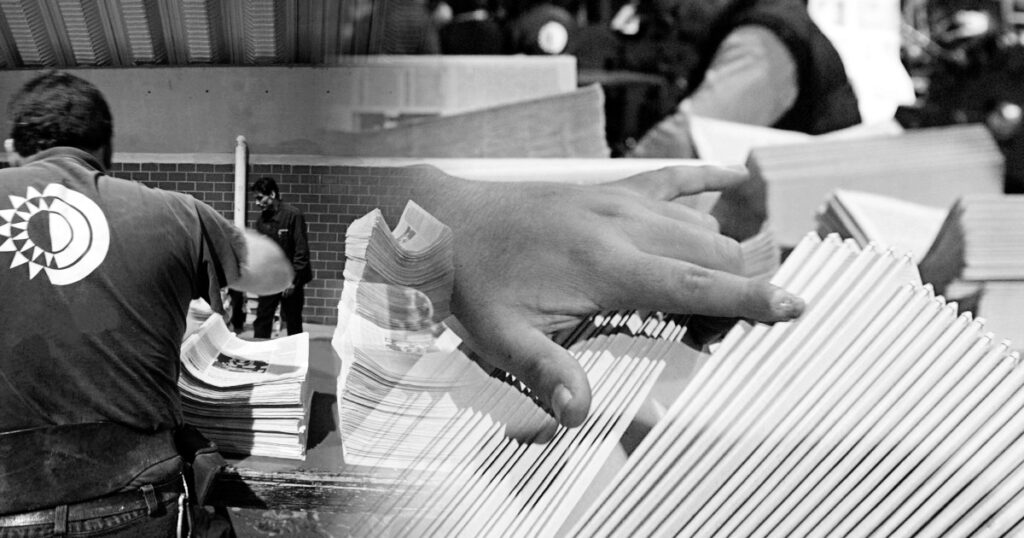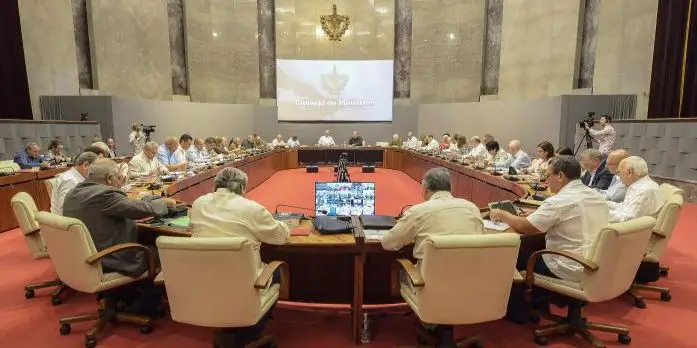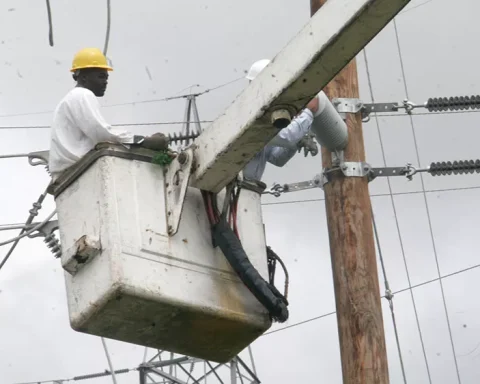“While we strongly oppose forced exile, the United States will not turn its back on political prisoners, and if they want to come to the United States, we will explore the avenues available under US law to welcome them.” The Under Secretary of State for Western Hemisphere Affairs of the United States, Brian Nichols, expressed himself in this forceful way at the Florida International University, in Miami, where on Tuesday he met with members of the Cuban-American community to expose the policy towards the Island for part of the Joe Biden government.
In his speech, published on the website of the US Embassy in Havana This Wednesday, the official assured that “publicly – and privately in conversations with Cuban officials – the United States Government continues to demand the release of political prisoners, and we always emphasize that the Cuban people must be able to choose where to live and the Government must allow its citizens to return to Cuba.”
Nichols stressed that “the economic situation is worse than even the so-called Special Period of the 1990s and the human rights situation is bleaker than it has been in decades.”
The “sense of desperation and the yearning for greater freedoms” led, Nichols recalled, to the demonstrations of July 2021, which were responded by the regime “with characteristic repression, sentencing hundreds of protesters to prison with sentences of up to 25 years.” “.
“The economic situation is even worse than the so-called Special Period of the 1990s and the human rights situation is bleaker than it has been in decades”
The repression in the almost two years that have elapsed since those “historic protests,” insists the undersecretary, has redoubled, and “more than 700 protesters are among the more than 1,000 political prisoners who remain behind bars today.”
The US Embassy maintains “constant communication” with their families and with the “dissident community” on the island, the official assured. “They are an incredibly brave group of people, who face extremely difficult conditions,” praised Nichols, who outlined the two “key aspects” of the current Administration in Washington.
The first is to “promote accountability for human rights abuses,” and the second is to “explore meaningful ways to support the Cuban people while limiting benefits to the Cuban regime.”
Within the first objective are “selective sanctions against officials and security forces implicated in abuses related to the July 11 protests and visa restrictions on officials implicated in attempts to silence the voices of the Cuban people.”
Within the second, for example, support for “family reunification through legal migration”, alluding to the parole launched earlier this year and which, also aimed at Venezuelans, Nicaraguans and Haitians, allows up to 30,000 of these migrants to enter legally if they have a “sponsor” to support them financially and cover your health expenses for two years. “To date, some 10,000 Cubans have successfully used the program to enter the United States,” she details. “Cubans from all walks of life have benefited, including members of the human rights community.”
“We will continue to ask the Cuban regime to respect the human rights and freedoms of all Cubans and unconditionally release all political prisoners”
Since the implementation of this permit, he explains, “the number of Cuban migrants attempting a dangerous irregular migration has plummeted.”
Nichols also referred to other measures by the Biden government, such as flights between the United States and cities outside of Havana, which operate for the first time since 2019, or the elimination of the limit on remittances, whose “direct flows” are they resumed in November 2022, after two years suspended.
In addition, he stressed that they are “exploring the expansion of access to services hosted in the cloud and other development tools for the Cuban people.” These tools, he explains, “will help activists and civil society to connect with each other and facilitate the flow of information inside and outside the Island. They will also help the Cuban people to access more services, including those that circumvent censorship.”
The undersecretary had words for the current inflation and the chronic shortage of food, medicine and electricity that Cuba suffers. “The Cuban government is quick to blame others for its economic ills without acknowledging the decades of mismanagement that led to the current crisis,” he mentioned, alluding to the US embargo, which Havana waves like a flag to justify all its failures. . “We continue to ask the Cuban government to implement economic policies that improve the country’s situation, such as greater freedom for private sector agents and much-needed agricultural reforms.”
While these measures are applied, Nichols asserted, “we will continue to call on the Cuban regime to respect the human rights and fundamental freedoms of all Cubans and unconditionally release all political prisoners.”
________________________
Collaborate with our work:
The team of 14ymedio He is committed to doing serious journalism that reflects the reality of deep Cuba. Thank you for accompanying us on this long road. We invite you to continue supporting us, but this time becoming a member of our newspaper. Together we can continue transforming journalism in Cuba.
